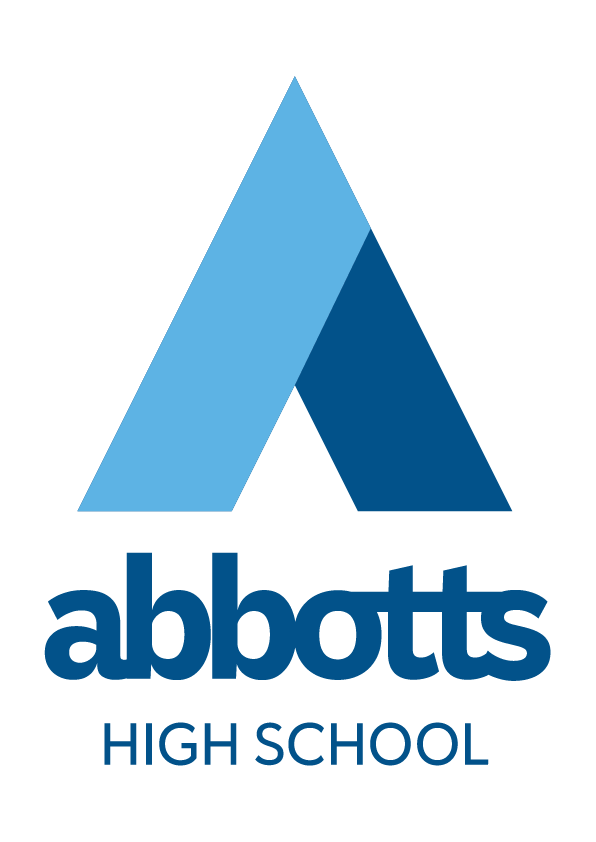START TERM 2 STRONG: HOW TO PIVOT AFTER A DISAPPOINTING FIRST TERM
As students across South Africa head back to school for the start of Term 2, it's an ideal time for them to pause and reflect on their academic year thus far. The start of a new term marks a natural point for evaluation and adjustment, and embarking on a different path if needs be, an education expert says.
“Reflecting on your experiences, achievements and challenges of the previous term can provide valuable insights that could guide you regarding the way forward for the rest of the academic year,” says Mignonne Gerli, Principal at Abbotts College Pretoria East.
“Reflection should not be underrated. It is a powerful tool for self-awareness and improvement. It allows you to consider your progress, identify areas of strength and weakness and helps you reaffirm your goals. By taking the time to reflect on your experiences, you can learn from your successes and setbacks, make informed decisions and strive for continuous improvement,” she says.
Gerli says students who feel they did not perform to the best of their ability in the first term, should consider the following questions:
- What were my goals at the beginning of the term?
- How did I progress towards achieving them?
- What accomplishments am I most proud of?
- What was my main focus in Term 1?
- What challenges did I face?
- Did I overcome them and, if so, how did I overcome them?
- What skills or knowledge did I acquire during the term?
- Did I effectively manage my time and prioritise tasks?
- What feedback did I receive and how did I incorporate it into my studies?
- What aspects of the term would I like to improve upon in Term 2?
- If in the FET Phase of high school, do I need to change subjects?
“Reflection often leads to the realisation that adjustments are necessary to align with your goals for this academic year. Pivoting - making strategic changes in your approach - can be a valuable response to the insights you gained through reflection.
“Whether it involves changing subjects, your study habits, adopting a more responsible work ethic, or reevaluating your priorities, pivoting enables you to do things differently in order to achieve better results.”
Students who make the decision to pivot, following their reflection on the questions above, should ensure they set clear objectives for the path ahead.
“Clarify your goals and priorities for the upcoming term and remainder of the academic year. By setting specific, achievable objectives your actions will be guided and you will find it easier to keep focused on what matters most. Write down your objectives and refer to them at least once a week,” advises Gerli.
Additionally, students should not hesitate to seek out support and guidance.
“Reach out to mentors, teachers or peers for advice and support. Their insights can offer valuable guidance as you reset for the remainder of the year. It is also important to reflect regularly.
“Make reflection a habit by setting aside time at regular intervals to assess your progress and adjust your course as needed. Regular reflection ensures that you stay aligned with your goals and continue to grow and evolve.”










